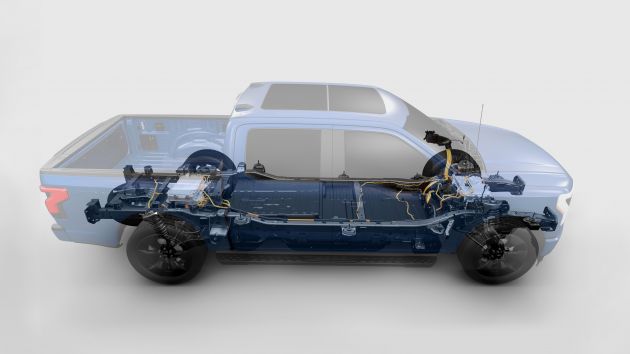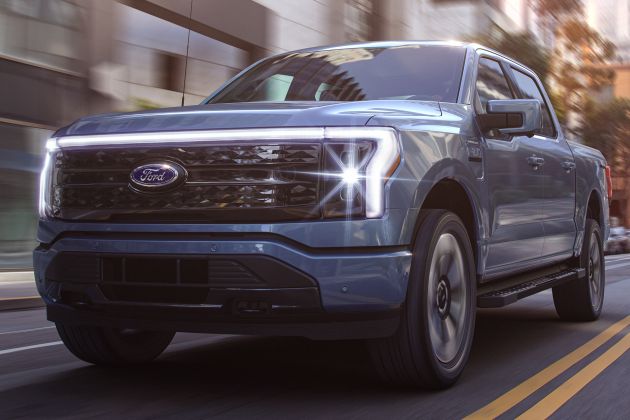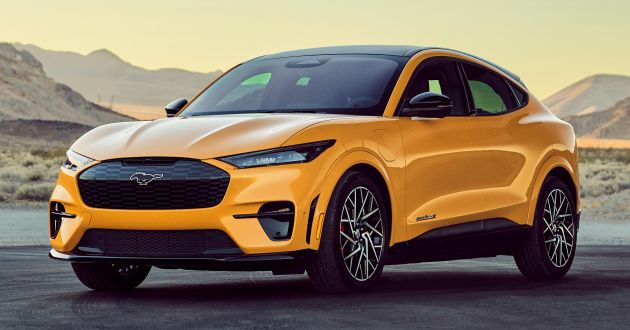Ford and South Korea’s SK Innovation announced last week that they have signed an MoU to create a joint venture to produce approximately 60 GWh annually in traction battery cells and array modules. The plan for the JV – to be called BlueOvalSK – is to start production mid-decade, with potential to expand.
“Through the JV, Ford and SKI will jointly develop and industrialise battery cells at scale that are tailored to deliver optimum performance and value for our Ford and Lincoln customers. SKI is an important partner in helping deliver batteries with better range and value for our fully electric vehicles by mid-decade,” said Lisa Drake, Ford’s North America COO.
Ford’s global EV plan calls for at least 240 gigawatt hours (GWh) of battery cell capacity by 2030 – roughly 10 plants’ worth of capacity. Approximately 140 GWh will be required in North America, with the balance dedicated to other key regions, including Europe and China.
Headquartered in Seoul, SK Innovation is an energy conglomerate that pioneered the development of mid- to large-size EV batteries since 1991 and has expanded its battery operations globally since 2010. SK already operates a battery plant in the US serving two OEMs, and is expanding its production capacity in the EU and China. The company plans to be one of the world’s top three EV battery suppliers by 2025 with over 125 GWh in production capacity.
SK Innovation specialises in the development and commercialisation of high-nickel NCM battery technology. The company came up with the world’s first NCM-811 battery in 2016 and is developing the world’s first Nickel 9 battery that will be mass produced in the US, powering the just-unveiled Ford F-150 Lightning.
Ford is diving deep into EVs. The Blue Oval this year announced its commitment to invest at least US$22 billion (RM91 billion) through 2025 to deliver connected, all-electric vehicles, building on its areas of strength, starting with EV versions of its iconic and most popular nameplates – including the Mustang Mach-E, E-Transit and F-150 Lightning.
To support its longer-term battery plans, Ford is investing in battery R&D. Last month, the Detroit carmaker announced a new global battery centre of excellence – named Ford Ion Park – to accelerate its battery and battery cell tech R&D – including future battery manufacturing.
Earlier this month, Ford announced increased investment in Solid Power, an industry-leading producer of all-solid-state batteries for EVs. Initially investing in Solid Power in 2019, Ford is making an additional equity investment to help accelerate further development of solid-state battery tech, contributing to a US$130 million (RM538 million) Series B investment round in which BMW becomes an equal equity owner with the American carmaker.
Solid-state batteries are showing great promise. They don’t use the liquid electrolyte found in conventional lithium-ion batteries, can be lighter, with greater energy density and provide more range and lower cost. They also can be made on today’s lithium-ion battery lines, allowing Ford to reuse about 70% of its capital investment in lithium-ion manufacturing lines.
GALLERY: 2022 Ford F-150 Lightning 





















































The post Ford and Korea’s SK Innovation to form JV to produce EV batteries in the US, will power the F-150 Lightning appeared first on Paul Tan's Automotive News.





0 Comments